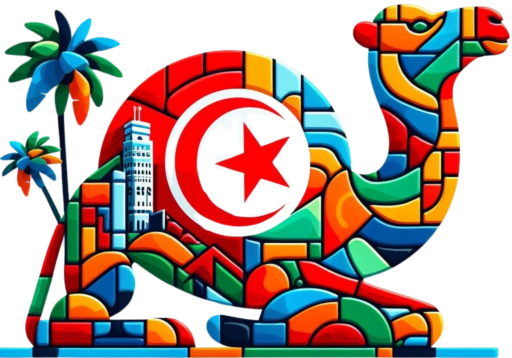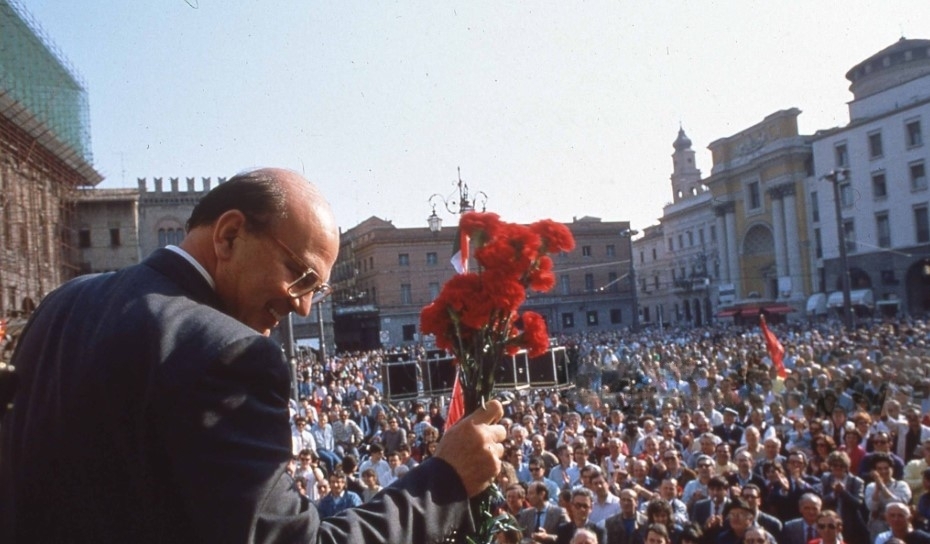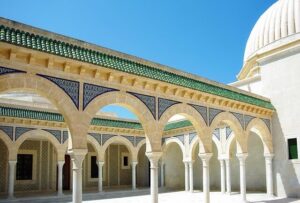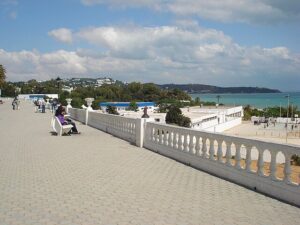Table of Contents
- Introduction to Bettino Craxi and Tunisia
- The Political Career of Bettino Craxi
- Bettino Craxi’s Exile in Hammamet
- The Legacy of Bettino Craxi in Italy and Tunisia
- Conclusion
Introduction to Bettino Craxi and Tunisia
Bettino Craxi was a key political figure in Italy, known for leading the Italian Socialist Party (PSI) and serving as Prime Minister. His life and career are inextricably linked to Tunisia, where he spent the final years of his life in exile. This article explores the connection between Bettino Craxi and Tunisia, with a deep look into his exile in Hammamet and the political and cultural significance of this experience.
The Political Career of Bettino Craxi
Rise to Power in the Italian Socialist Party
In the 1960s, Bettino Craxi began to make his mark in the PSI. His leadership shifted the party toward more moderate and pro-Western positions, strengthening its presence on the Italian political stage. His vision for a renewed PSI changed the political landscape, enhancing the party’s relevance in national politics during the Cold War.
Prime Minister of Italy
In 1983, Craxi became Italy’s first socialist prime minister. During his tenure, Italy saw significant social and economic reforms and a greater international presence. Craxi sought to modernize the economy and strengthen international relations, but his government also faced considerable political and social challenges.
Tangentopoli and Political Decline
His career took a drastic downturn with the Tangentopoli scandal in the 1990s. Craxi was convicted of political corruption, marking the end of his career and leading to his exile in Tunisia. The Tangentopoli investigation exposed widespread corruption and ended Craxi’s and PSI’s political dominance.
Bettino Craxi’s Exile in Hammamet
Reasons for Exile in Tunisia
In 1994, Craxi chose to move to Hammamet, Tunisia, to avoid the weight of legal charges in Italy. He had formed friendships in Tunisia and a personal relationship with then-President Zine El-Abidine Ben Ali. Hammamet provided a safe haven and a place where Craxi could find peace away from Italian affairs.
Life in Hammamet
Craxi spent his years in exile in a villa in Hammamet, continuing to follow Italian and international political events. Despite the exile, he maintained contact with friends and supporters and devoted time to writing political reflections and memoirs. He lived quietly, but his role remained central to Italian public debate.
Final Years and Death
His health deteriorated in the late 1990s. Though he wished to return to Italy for medical care, the risk of imprisonment made such a return impossible. Craxi died in Hammamet on January 19, 2000, and was buried in the local Christian cemetery, where his grave is a site of annual commemoration.
The Legacy of Bettino Craxi in Italy and Tunisia
Influence on Italian Politics
Craxi left behind a complex political legacy: some remember him for his reforms, others for the controversies. His figure continues to generate intense debate, and his experience remains a point of reflection on Italian politics of the 1980s and 1990s. His influence shaped the understanding of political leadership for years to come.
Relations Between Italy and Tunisia
Craxi’s period of exile strengthened the bond between Italy and Tunisia. His presence created a cultural and diplomatic bridge that continues to influence bilateral relations. Hammamet has become a place of interest for many Italians, with Craxi’s memory symbolizing a connection between the two countries.
Memory and Commemorations
Craxi’s tomb in Hammamet has become a pilgrimage site for friends and supporters. Annual commemorative events, as well as various documentaries, books, and films, have helped keep his memory alive, stimulating debate about one of the most discussed figures in contemporary Italian politics.
Conclusion
The connection between Bettino Craxi and Tunisia represents a significant chapter in Italian political history. His exile in Hammamet continues to be a subject of analysis and reflection, embodying the challenges and successes of a unique political career and leaving a lasting mark in both Italy and Tunisia.
Read more of our articles.
Here is the story of Bettino Craxi through a beautiful documentary:






